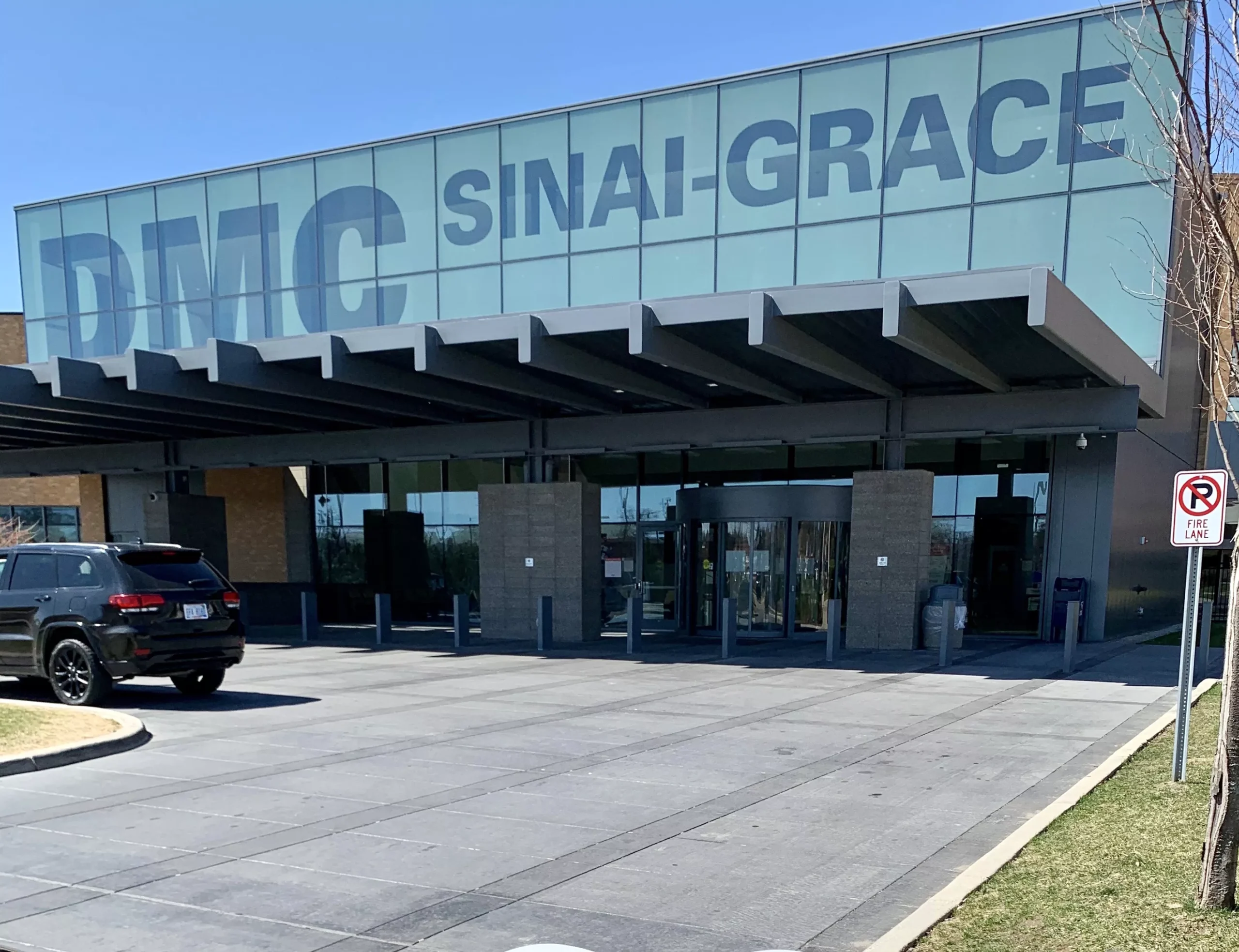By Steve Neavling
Copyright metrotimes

Detroit Medical Center’s Sinai-Grace Hospital is accused of exposing vulnerable patients to a “known predator” with a history of sexual assault and violence and failing to protect a bedridden woman whom the nurse is accused of coercing into sexual acts.
Attorney Todd Flood filed a lawsuit against DMC and its parent company, Tenet Healthcare, in Wayne County Circuit Court on Tuesday, alleging the for-profit hospital chain and its Detroit affiliate engaged in negligent hiring and supervision and created a culture of putting profits ahead of patient safety.
At the center of the case is Wilfredo Figueroa-Berrios, a 43-year-old nurse licensed in Michigan since 2012. Prosecutors say he sexually harassed and groped the patient and coerced her into repeated sex acts at Sinai-Grace in August. The woman was severely intoxicated and incapacitated when she was admitted, according to the complaint.
Surveillance video captured Berrios entering her hospital room multiple times during overnight hours without documenting a medical reason. Police investigated the allegations and arrested Berrios, who was charged in August with three counts of third-degree criminal sexual conduct and two counts of fourth-degree criminal sexual conduct.
The lawsuit alleges Sinai-Grace and Tenet knowingly hired Berrios despite his record of arrests, troubling behavior at previous jobs, and ongoing police investigations into sexual assaults at another medical facility where he worked.
Among the warnings outlined in the complaint:
In 2019, Berrios was arrested on an assault charge in Wayne.
From 2020 to 2021, he worked at a Livonia medical facility, where multiple patients accused him of sexual assault. He was later terminated for “disturbing and assaultive conduct.”
In May 2025, while employed at Sinai-Grace, he allegedly assaulted a woman in Grand Circus Park. That case remains under investigation.
A state inspection in October 2024 found Sinai-Grace failed to comply with fingerprint-based background check requirements for six employees
Despite his history, hospital leaders placed Berrios in high-risk emergency and inpatient settings, the lawsuit says.
“This case is about corporate greed, negligence, and the betrayal of patients who trusted these institutions with their lives,” Flood said.
The plaintiff, identified only as Jane Doe, said Sinai-Grace staff retaliated against her after she reported the assault. According to the lawsuit, hospital staff denied her a patient advocate, threatened to withhold food, and discharged her without her belongings.
Flood alleges the misconduct is also the result of systemic failures that Tenet has long been warned about. State regulators, including the Michigan Department of Health and Human Services and the Department of Licensing and Regulatory Affairs, have repeatedly cited Sinai-Grace for inadequate staff training, poor investigations into abuse complaints, and lapses in required safety checks, the lawsuit contends.
The plaintiff is seeking compensation for severe psychological trauma, humiliation, and ongoing medical and therapy costs. The lawsuit cites negligence, negligent hiring and supervision, premises liability, assault and battery, sexual harassment and discrimination under Michigan’s Elliott-Larsen Civil Rights Act, and intentional infliction of emotional distress
A jury trial has been requested.
The case raises serious questions about oversight at one of Detroit’s largest hospitals, which has faced repeated scrutiny for staffing shortages and patient neglect. During the height of the COVID-19 pandemic, Sinai-Grace drew national attention when overwhelmed conditions left patients dying in hallways.
Flood argues the hospital’s chronic understaffing and profit-driven model created “the very conditions where a serial rapist could operate inside their hospitals.”
Tenet Healthcare is a Texas-based corporation that operates more than 60 hospitals nationwide.



